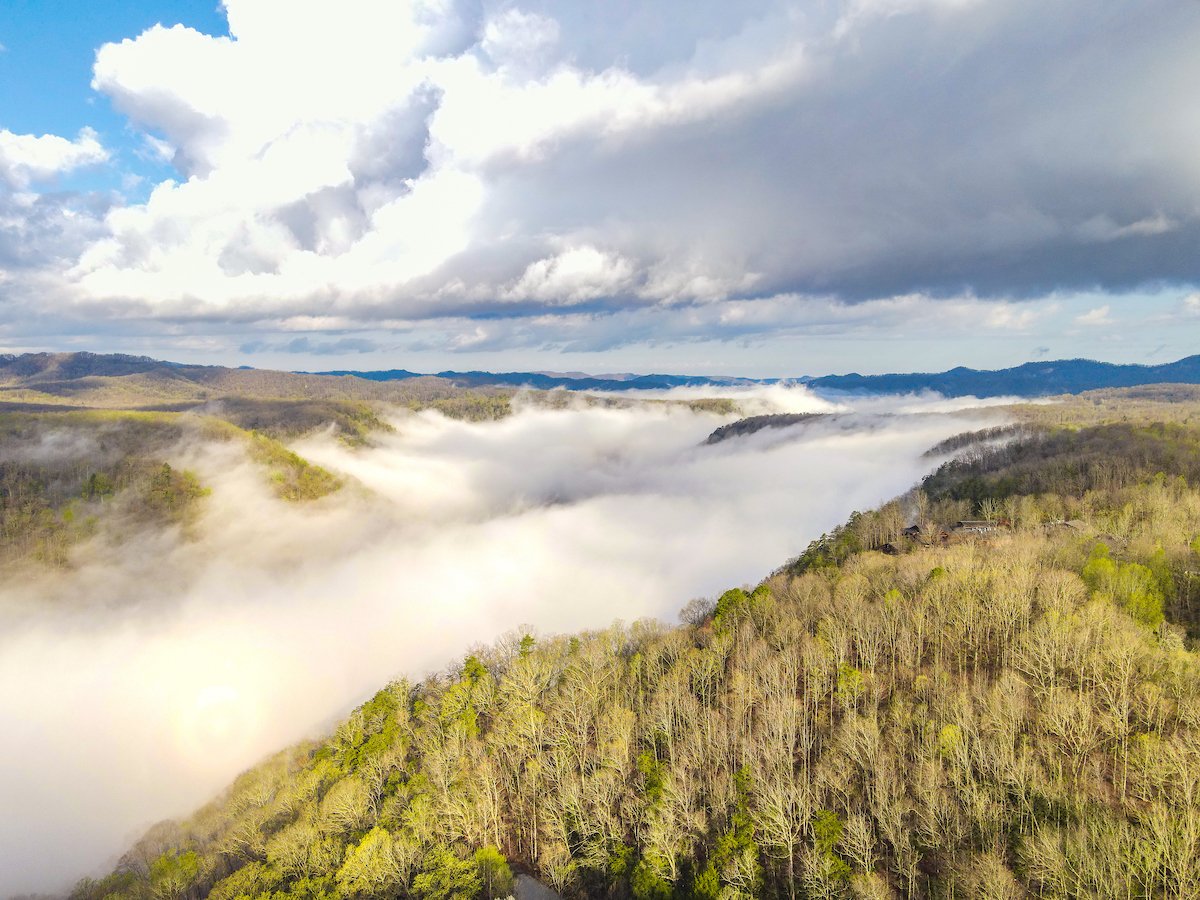Photo by @ofallnationsmedia
The American Alpine Club (AAC) and Winter Wildlands Alliance (WWA) are pleased to announce that the Biden Administration took an important step towards restoring critical parts of the National Environmental Policy Act (NEPA), a bedrock environmental law.
Over the past two years, our #ProtectNEPA campaign has fought to protect wild winter landscapes and climbing areas across the country. Together, we sued the Trump administration for gutting NEPA in 2020 and then petitioned the Biden administration in 2021 to take action to repair the law by restoring critical regulatory requirements that were removed in 2020.
The White House Council on Environmental Quality heard our requests, and began a two phase process to reverse the damaging 2020 changes to the regulations that implement NEPA. This week, the CEQ published a final “Phase 1” rule effectively overturning three parts of the 2020 Rule, restoring key pieces of NEPA and requiring that federal agencies:
Consider the direct, indirect, and cumulative effects of a proposed project, including an analysis of how greenhouse gas emissions from an action may impact climate change;
No longer prioritize the goals of an applicant over the public interest when developing the Purpose and Need or alternatives of a proposed action;
Give the public a greater voice in the environmental review process for projects on federal lands;
Consider the regulations as a “floor” and not a “ceiling” when considering the value of more protective regulations.
The final rule announced on Tuesday, April 19, 2022, will take effect on May 20, 2022, but it only restores some of the provisions from the original 1978 regulations. The AAC and WWA encourage the CEQ to act quickly in tackling Phase 2 of restoring NEPA, where they must consider how to correct the broader procedural changes to the regulations. We urge the CEQ to ensure that the voices of communities most impacted by environmental harm, as well as the commitments of the administration to address the climate crisis, are accurately reflected in their final rule.
Photo by Jeff Deikis
“This Phase 1 Rule is an important first step in restoring NEPA”, said Hilary Eisen, Policy Director with Winter Wildlands Alliance. “We look forward to continuing to work with the CEQ as they move forward into Phase 2, to ensure that NEPA continues to give the public a voice in federal decisions and provide environmental safeguards for generations to come.”
“Efforts from the previous administration to dismantle NEPA left our public lands, communities and climate vulnerable to ill-informed and biased decision-making processes,” said Taylor Luneau, Policy Manager for the American Alpine Club. “This is a significant win for the outdoor recreation community and an important step towards restoring the strength and potential of NEPA to address our nation's most pressing environmental needs.”
We are grateful to the many thousands of outdoor advocates who took action to #ProtectNEPA and look forward to continuing to partner with the Biden Administration to ensure that the interests of the climbing and backcountry skiing communities remain front of mind in federal decision making.
Contact for more information:
Taylor Luneau, Policy Manager, American Alpine Club, [email protected]
Hilary Eisen, Policy Director, Winter Wildlands Alliance, [email protected]


























